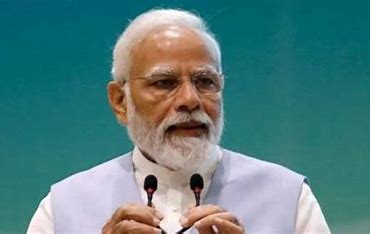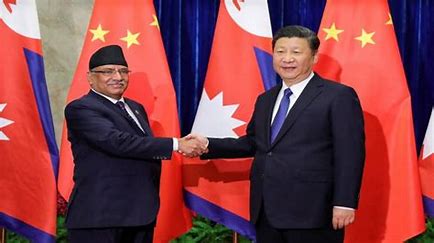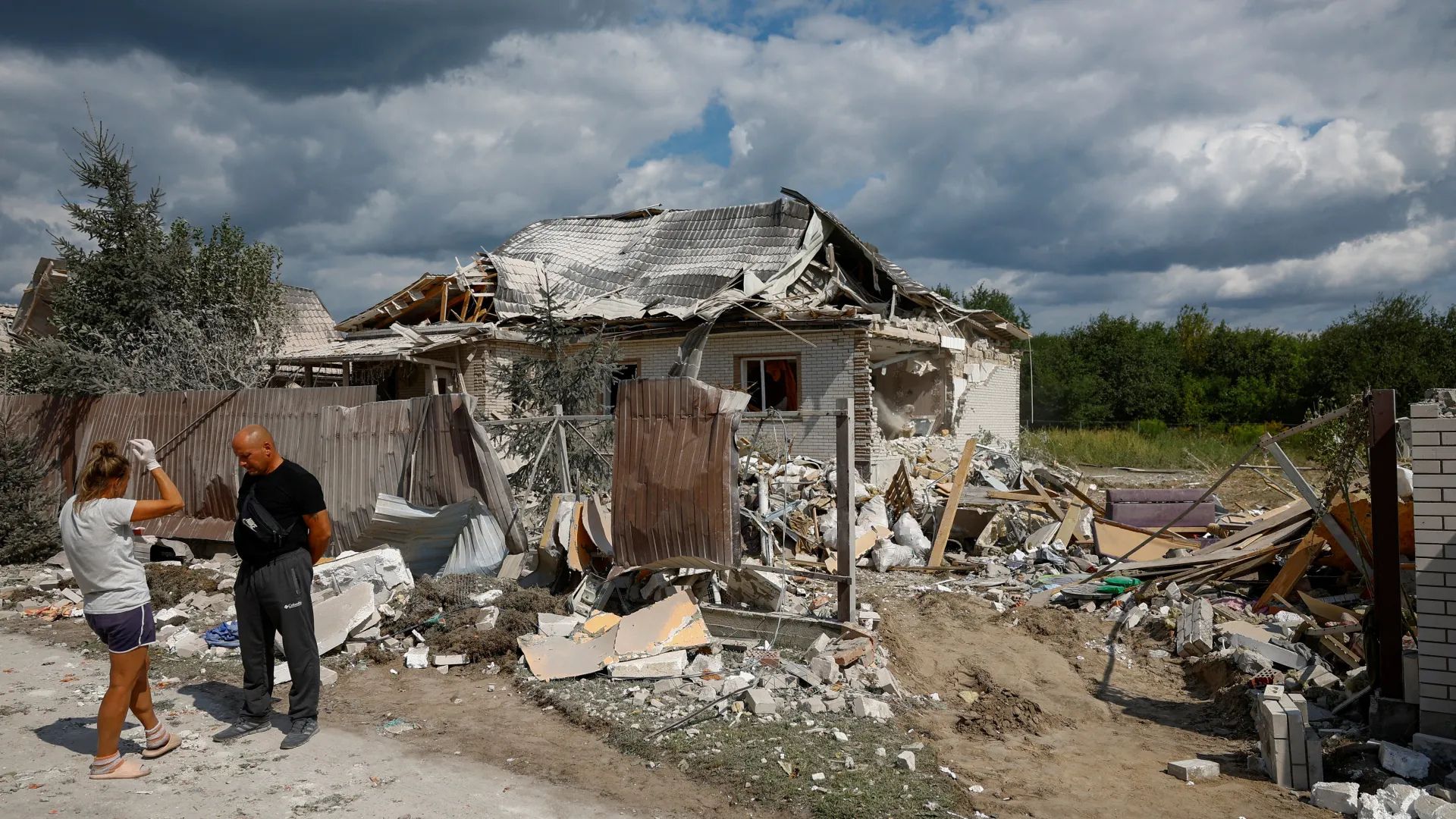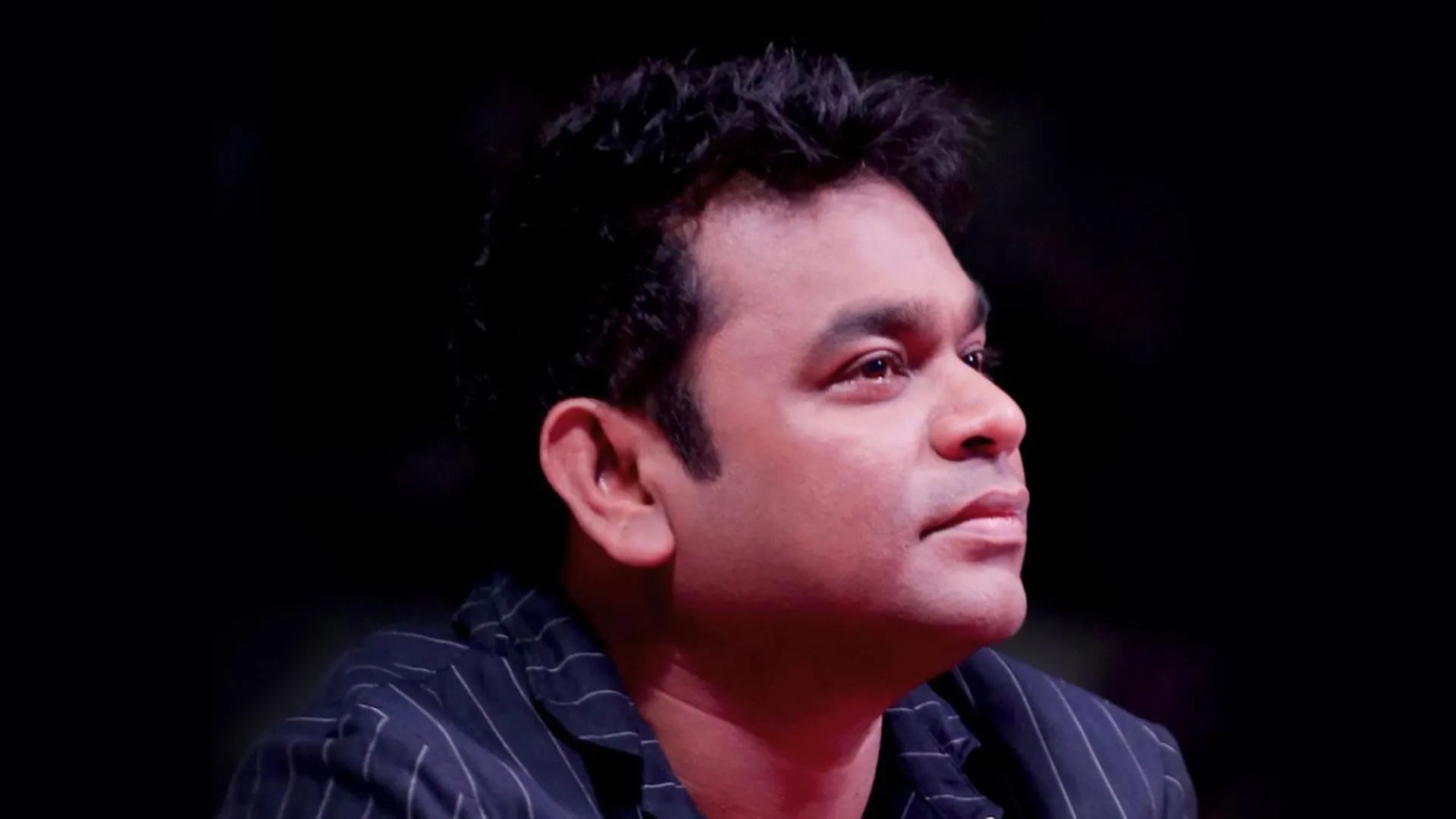
In what augurs well for India’s diplomatic campaign to scuttle China’s plan to make forays into its neighbouring countries, especially in the defence field, Sri Lanka has said that it will adopt an “India-first approach” as its new foreign policy plank and protect New Delhi’s strategic security interests.
This statement has come from Sri Lanka’s foreign secretary Jayanath Colombage. The statement from Sri Lankan foreign ministry’s top official has come at a time when China is locked in a military showdown with India along the Line of Actual Control (LAC). Indian officials believe that such observations may be of great use to unnerve China.
With Colombo foreign office top official allaying concerns amid China’s growing presence in the island nation, India is considering it to be a big development “that will help India take wind out of Beijing’s sails”. “It is a welcome statement made by Sri Lanka’s foreign secretary, which is a strong message to China also,” says an MEA official.
Admiral Co-lombage, the first-ever foreign secretary to have a military background, was appointed by President Gotabaya Rajapaksa to head the Foreign Ministry on 14 August. His pro-India statements came during in an interview to a newspaper. He was the chief of the Sri Lanka Navy between 2012 and 2014 and later became a foreign policy analyst mostly on the Chinese initiatives in Sri Lanka and the immediate region. “Sri Lanka will not do anything harmful to India’s strategic security interests,” said Colombage. Jayanath Colombage said that President Gotabaya Rajapaksa will have an “India first approach” as the key to strategic security. “Sri Lanka cannot afford, should not afford and will not afford any particular country to use it as a staging area to do anything against another country–especially India,” he said in an obvious message to China.
According to MEA sources, this is the result of continuous and hectic diplomatic lobbying by India ever since Mahinda Rajapaksa took over as the prime minister of Sri Lanka. Prime Minister Narendra Modi’s congratulatory call to Mahinda Rajapksa on his victory in Sri Lanka’s parliamentary elections had given ‘timely’ impetus to Indian diplomatic lobbying in Colombo. Prime Minister Modi was the first world leader to have congratulated Rajapaksa on his victory in the elections.
Soon thereafter, Indian High Commissioner in Sri Lanka, without losing a second, had met Rajapaksa, briefing him on what India had in store as far as development of the island nation is concerned. Indian diplomatic lobby had upstaged China by reaching out to the Sri Lankan leadership on the first available opportunity.
Meanwhile, the Chinese leadership was happy with Rajapaksa winning the parliamentary polls in Sri Lanka, as he was supposed to be a pro-Beijing leader. Indian diplomats were also working with Colombo keeping in view Rajapaksa’s well-known tilt towards China. Sources said that foreign secretary Harsh Vardhan Shringla may be visiting Colombo soon. A meeting with Rajapaksa and the President of Sri Lanka is being fixed, sources said. According to sources, Colombage has also been contacted in this regard by the Indian High Commissioner. He had recently visited Dhaka and met Bangladesh Prime Minister Sheikh Hasina there in what was seen to be a significant development keeping in view Chinese efforts to expand its presence in that country also.
It is a reality that the ties between Colombo and Beijing have been growing, with India working hard to ensure that China’s attempts to make inroads into the defence field in the island nation donot succeed. “The MEA is closely watching how Rajapaksa takes the ties with both the nations ahead in days to come,” said a top foreign ministry official. However, Colombo’s foreign secretary has dropped ample hints about where Rajapaksa’s foreign policy is headed.
Expansionist China’s aggressive bids to increase presence in Indian Ocean have to be dealt with effectively,” said the official. What India cannot lose sight of is the fact that China has pumped billions of dollars into Sri Lanka’s economy in the past two decades, especially in infrastructure projects like ports. A major part of these investments went to Sri Lanka when Mahinda Rajapaksa was the president there. “Sri Lanka has historically been an ally of India because of its geographical, cultural and religious ties with New Delhi going back thousands of years,” said an official. And this adds to India’s confidence of wooing Sri Lanka.











